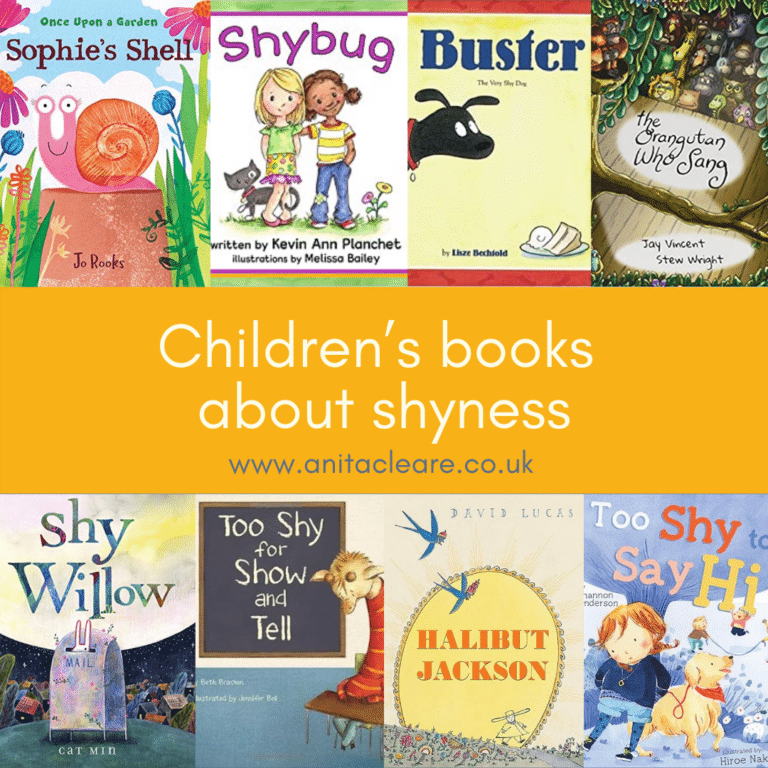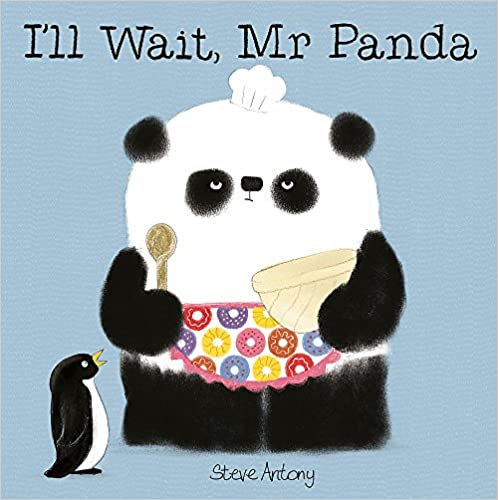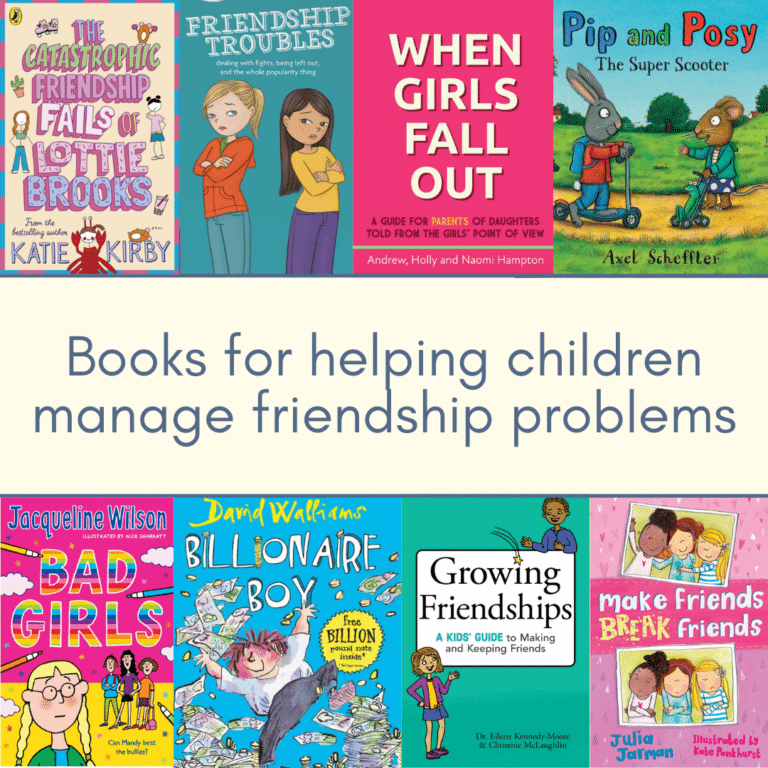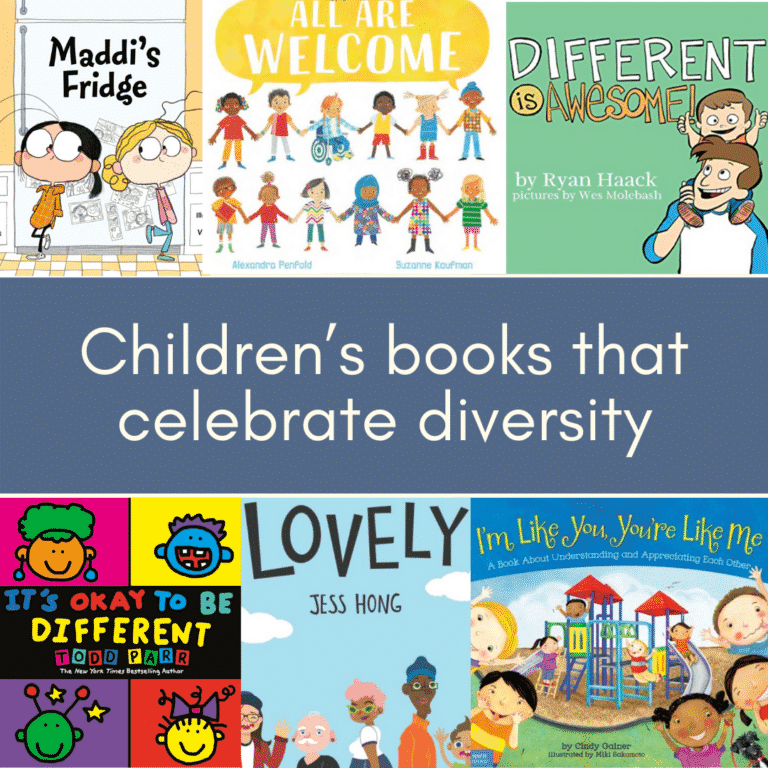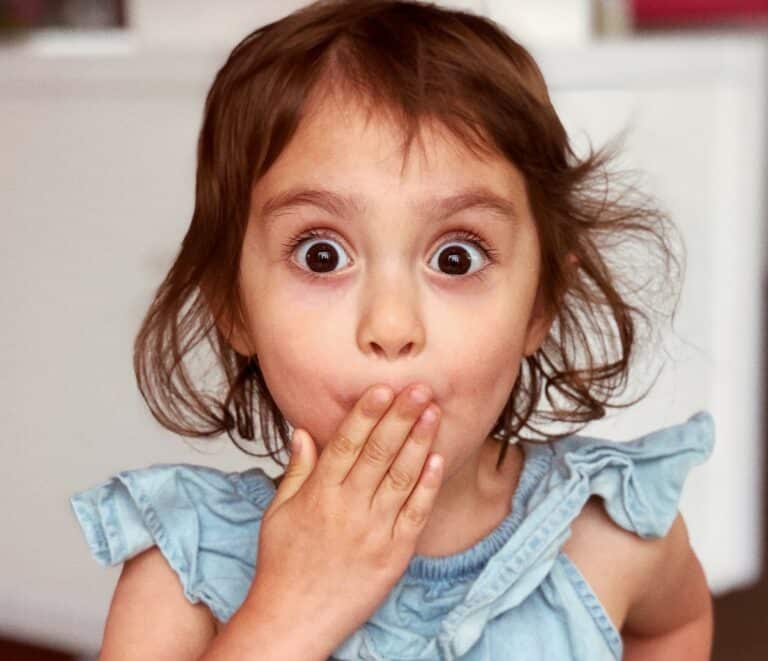10 Children’s books about shyness
Reading books with children is a great way to start conversations about topics they might find difficult. Whether you have a shy child or just want to help your confident child develop empathy, reading children’s books about shyness helps children to reflect on big themes like courage, friendship and kindness.
Parents often worry about shy children missing out on friendships and opportunities. The best children’s books about shyness give the clear message that there is nothing wrong with being shy. But that sometimes shyness can get in the way of enjoyable or important things. And that sometimes, we all have to do something a little difficult in order to open the door to a new and wonderful experience (see Tips on helping young children make friends for more on this).
Here are ten sympathetic children’s books about shyness that tell stories about overcoming social anxieties to achieve something special.
*This post contains affiliate links
 Too Shy for Show and Tell
Too Shy for Show and Tell
Too Shy for Show and Tell (by Beth Bracken) is a simple but positive story – perfect for children who have just started school. Sam is a “quiet boy” who is apprehensive about speaking in front of the class. However, despite his reservations, Show and Tell turns out to much more enjoyable than he expected. A sweet, charming and reassuring read. (4-7yrs)
 Buster: the Very Shy Dog
Buster: the Very Shy Dog
It’s quite hard to get hold of this one now but you might find it at your local library or second hand. Buster: the Very Shy Dog (by Lisze Bechtold) is a collection of three charming stories with cute illustrations. It’s designed for young readers to read themselves so each story is short with simple language. But it’s also a good book to read out loud to younger children. It’s a light-touch book to make kids think. And, being about a puppy, it’s indirect and non-threatening. A good general introduction to ideas about shyness and overcoming social anxieties. (3-7yrs)
 Shy Willow
Shy Willow
Willow is a shy rabbit who likes to hide away. But when she encounters a friend in need, Willow finally manages to find her brave. The story of Shy Willow (by Cat Min) is, admittedly, a little bizarre (e.g. Willow lives in a mailbox) but because it leaves things unexplained, there are loads of spaces and opportunities to talk to your child and ask questions and engage with them about what might be going on – which for me is the point of reading with children! (3-7yrs)
| If you want a demonstration on how to use storybooks to get to know what your child is thinking or feeling, watch our 10-minute video on Using Story Time to understand your Child Better. |
 Halibut Jackson
Halibut Jackson
Another classic! Halibut Jackson does not like to be the centre of attention. He wears specially camouflaged outfits to blend into the background – so the first pleasure of this book is to try and find him hiding in each of the illustrations! This is the story of how Halibut finds his special talent and learns to be comfortable with being shy. Halibut Jackson (by David Lucas) is a really reassuring read for a socially anxious child that cleverly transforms the fear of standing out into acceptance of being unique. (age 2+)
 Too Shy To Say Hi
Too Shy To Say Hi
This is a lovely gentle book and especially good for little ones who find comfort in animals. There are some advice notes for parents at the back of the book, which is always useful. A great book to start with if you want to explore shyness. Too Shy To Say Hi (by Shannon Anderson) is recommended for children aged 4-8yrs (though I would say a little younger).
 Sophie’s Shell
Sophie’s Shell
The idea of hiding in your shell is hardly an original idea among children’s books about shyness – but Sophie’s Shell (by Jo Rooks) is actually very fresh and upbeat. It is perfect for a shy child who might be nervous about starting a new pre-school or school. The artwork and messaging is very positive and the whole book tries to foster a spirit of curiosity and exploration. (4-6yrs)
 Little Miss Shy
Little Miss Shy
You can’t beat the Mr Men series when it comes to talking about personality traits and emotions. The series is also easy to read on an e-reader! Little Miss Shy is painfully shy – to the point of absolute social phobia and panic attacks! The real talent of this book is its gentle humour which encourages the reader to laugh at Little Miss Shy and sympathise with her at the same time. Little Miss Shy (by Roger Hargreaves) is a great book for helping children of all ages step outside their social fears and get a little distance on them. (all ages)
 Maya’s Voice
Maya’s Voice
Maya’s Voice (by Wen-Wen Cheng) is a story about a girl who finds it hard to speak when she starts school. If your child suffers from selective mutism (or just finds it hard to speak in certain situations), this wonderfully gentle book is a great way to reach out to them and help them see that it is possible to find your voice when the time is right. Also good for children who have a friend who finds it hard to speak out. (ages 3-7)
 Shybug
Shybug
Shybug (by Kevin Ann Planchet) deals specifically with the problem of overcoming shyness in order to make friends. It tells a simple story about how two girls manage to reach out to each other despite their differences and fears and become friends. There are some tips at the end for parents on helping shy children to make friends. Gentle, accessible story with pretty illustrations. (age 3+)
 The Orangutan Who Sang
The Orangutan Who Sang
The Orangutan Who Sang by Jay Vincent is a richly illustrated rhyming paperback all about an orangutan who gets very nervous and tongue-tied. This is a lovely story to read if you have a 4-7 year-old who is shy or who just gets very nervous when they have to speak up in class or assembly.
You’ll find lots more useful book recommendations here:
- Best books to help teach children social skills
- Starting School Books
- Books to help children with anxiety
- Books for helping children manage friendship problems
We also offer specialised support for parents of children with anxiety. Find out more here.
*This is not a sponsored post, I wrote it in response to questions I am frequently asked during my parenting seminars and clinics. However, it does contain affiliate links which means that if you click through from this post and buy a book, the Positive Parenting Project will receive a small commission. There is no additional charge to you. This helps us keep providing free content. For more info, see Disclosure Notice.

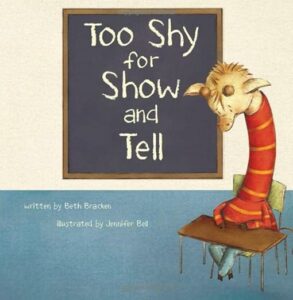 Too Shy for Show and Tell
Too Shy for Show and Tell Buster: the Very Shy Dog
Buster: the Very Shy Dog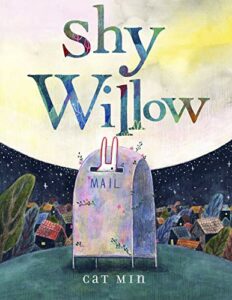 Shy Willow
Shy Willow Halibut Jackson
Halibut Jackson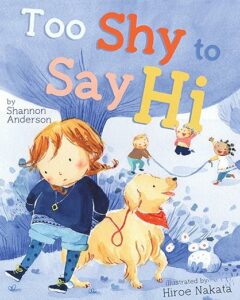
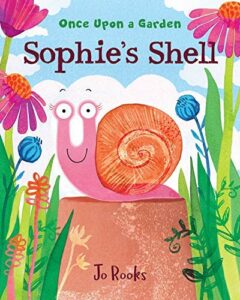
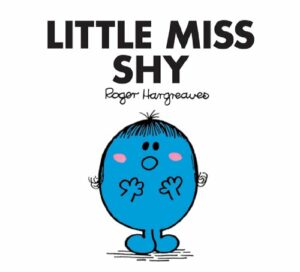 Little Miss Shy
Little Miss Shy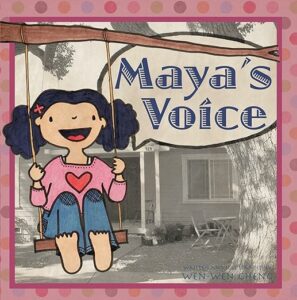 Maya’s Voice
Maya’s Voice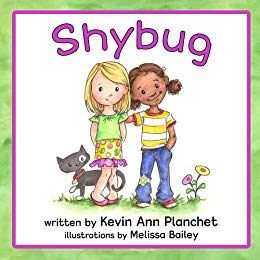 Shybug
Shybug The Orangutan Who Sang
The Orangutan Who Sang